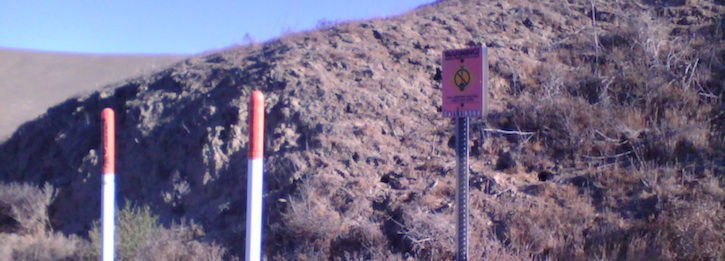FCC rural broadband experiments become 10% more cost effective in California
broadband, casf, cpuc, fcc, public policy, rural broadband experiment

Any Californian ISP that gets funding from the FCC to build out and operate an experimental rural broadband system can also get money from the California Advanced Services Fund. The California Public Utilities Commission yesterday approved a blanket 10% match of any federal funds an ISP might win via the FCC’s program.
The hope is that the extra CASF subsidy will buy down the cost of pursuing those rural broadband experiments in California, making them more cost effective in the eyes of the FCC and giving them a competitive edge against proposals from other states.… More









